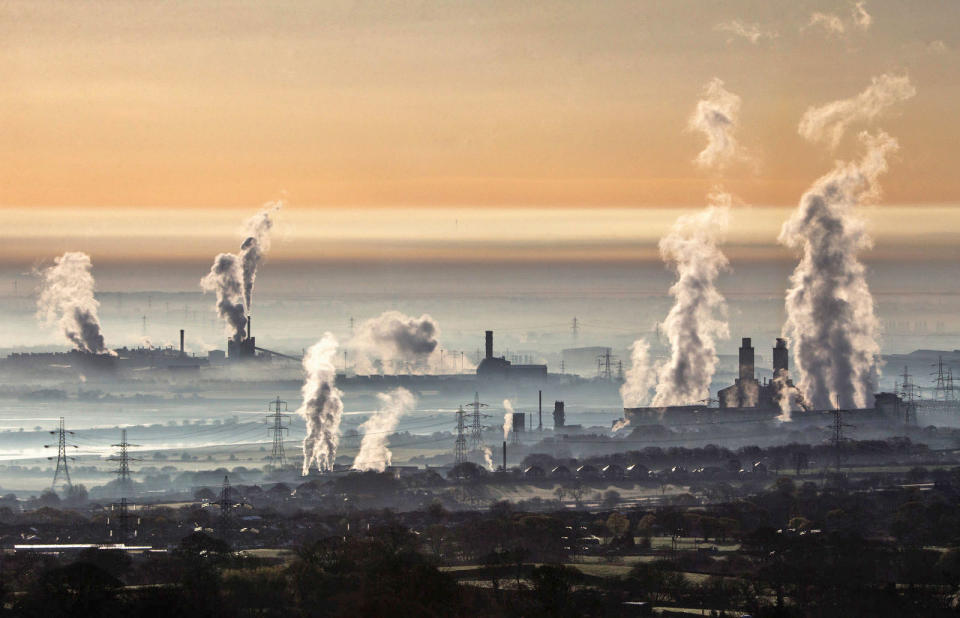Genetically modified yeast mops up heavy metal pollution
You could clean up toxic waste with the same organisms you use in bread.
Environmental scientists dream of eliminating pollution with natural resources, but that's tricky when it comes to heavy metals. Plants won't work for cleaning polluted water, and only some of them grow large enough to absorb those toxic materials. Researchers may have a relatively simple answer to the problem, though: genetically engineered baker's yeast. Their modified organism uses a cell membrane 'anchor,' and peptides that bind with metals like cadmium, copper and nickel to absorb their ions. The result? The best yeast strains can mop up 80 percent of metal ions without nasty effects -- you'd just have to scoop up the yeast after a cleanup operation.
Right now, the eco-friendly yeast is limited to the lab. Researchers still have to find the best way to harvest and get rid of the yeast, and they also need to test in a real-world environment to prove that it works. With that said, it's easy to imagine response crews using this tweaked yeast to remove most traces of pollution near quarries, water treatment plants and other places where heavy metals are an all-too-familiar part of the landscape.


